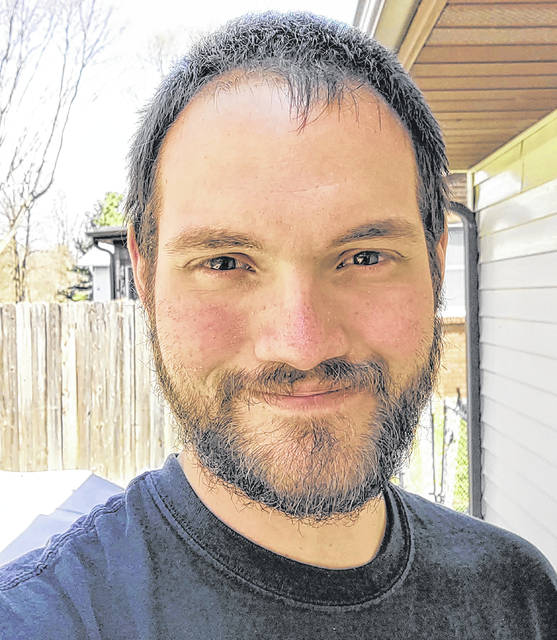
Having the opportunity to teach about U.S. Government and Civics to young adults is probably one of the most exciting experiences I have had in my professional life.
To work with these students and help prepare them for citizenship by learning about the mechanisms of our republic is satisfying, and it provides so many opportunities for their growth and my own.
As we have all sat and watched the last year-and-a-half of presidential politics and all that it brings every four years, I decided to write a little “how-to” guide when talking to your teen about politics, elections, and other topics.
1. Listen to understand, not to respond. As a father myself, I know I am guilty of listening to respond instead of listening to understand pretty frequently at home.
However, in class, I try to really listen to understand my students (your children’s) worldview. We are all shaped by our individual experiences, so when we watch the news or read an article, I am getting an interpretation of the event through their lens, not my own.
Listening to understand will create a positive interaction, even if you don’t always agree.
2. Have an open mind. The young adults we have in our homes or in our classrooms have experienced things that we haven’t, or they’ve experienced them differently thanks to the wonders of the internet and social media. They have seen world events unfold in ways we never did because there is so much more documentation.
Because of this, we have to keep an open mind because they are provided so many different perspectives at once, that they will need time to digest and come to terms with what they’re seeing. A positive conversation about these things — with an open mind — will help them understand more clearly.
3. It’s OK to have different opinions. We’re all guilty of it — we think our children or the children in our care should have similar opinions to our own. It’s a confirmation bias.
But what we have to come to terms with is that our children may think differently about the world than we do. Added to that. it’s OK to change your mind — sometimes events force us to look at things from a new perspective and we decide to change our minds. A that’s OK.
The last thing we want — and the thing I try to avoid at all costs in class — is for our young adults to disengage with the political process before they’ve even had a chance to fully experience it.
Our future will be in our children’s hands, and we must prepare them to think critically and work hard to change the world around them.
Dillon Oney is a social studies teacher at Wilmington High School.


